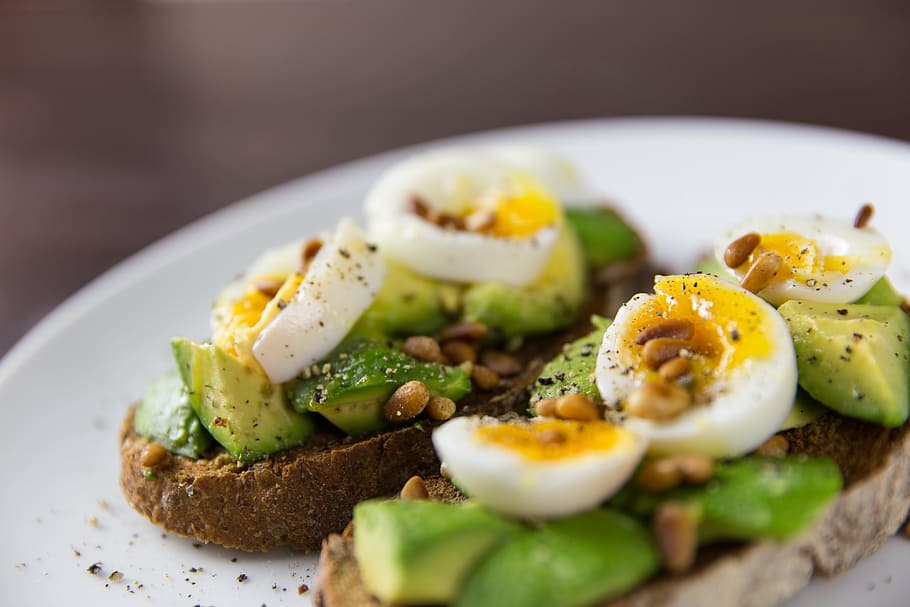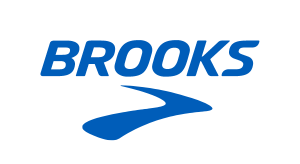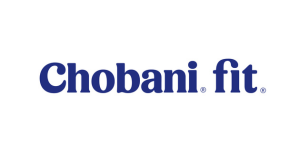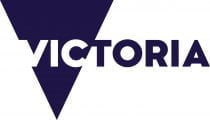
Whether your goal is to run a personal best or simply complete your first run, getting your nutrition strategy right when preparing for an endurance running event can be critical to your success.
Nutrition is key for a number of reasons; we need to be fuelling and refuelling correctly to ensure we have enough energy to complete tough training runs and also to support muscle recovery in between sessions so that we avoid injury or burnout.
There’s no hard and fast rules when it comes to eating for performance and getting the timing, food types and quantities right can be a bit of an experiment. However, we’ve put together our top 3 tips to get you started.
- Eat before you run (if you can).
Eat a small snack made up of easily digestible carbohydrates and a small amount of protein around 60-90 minutes before you work out and smash through your session like a pro. Getting the timing right for your pre-training meal is key though, so make sure you test out what works for you prior to race day. If you’re not able to stomach anything substantial prior to heading out or you’re a roll-out-of-bed-and-go runner like me first thing in the morning, aim for half a banana or a small amount of coffee or sports drink to get you started.
- Eating on the run
Consider taking in some small snacks if you’re heading out on a long run (around 90 minutes plus); it’s around this point that your glycogen levels will be at or close to depletion. Gels, jelly beans, sultanas and sports drinks are all easy to carry and consume on the go. Aim for consuming a small amount every half hour to 45 minutes.
- Post run refuel
Including a good amount of carbs and protein in your post run meal will help replenish depleted glycogen stores and aid in muscle repair and recovery after a tough session. You should be looking to consume some high GI carbs (pasta or white rice for example) which your body can easily break down, coupled with a lean source of protein (such as chicken breast, lean beef or eggs) 30-60 minutes after your run. If you can’t stomach a solid meal, a number of running sources suggest chocolate milk; although not as good on overall nutritional value, the ratio of carbs and protein will do the trick.
Taking the time to find out what works for you will improve your performance during training and subsequently, on race day. Experiment with food and timing to achieve your ultimate nutrition strategy.
Editorial feature by Rebecca Walker

























